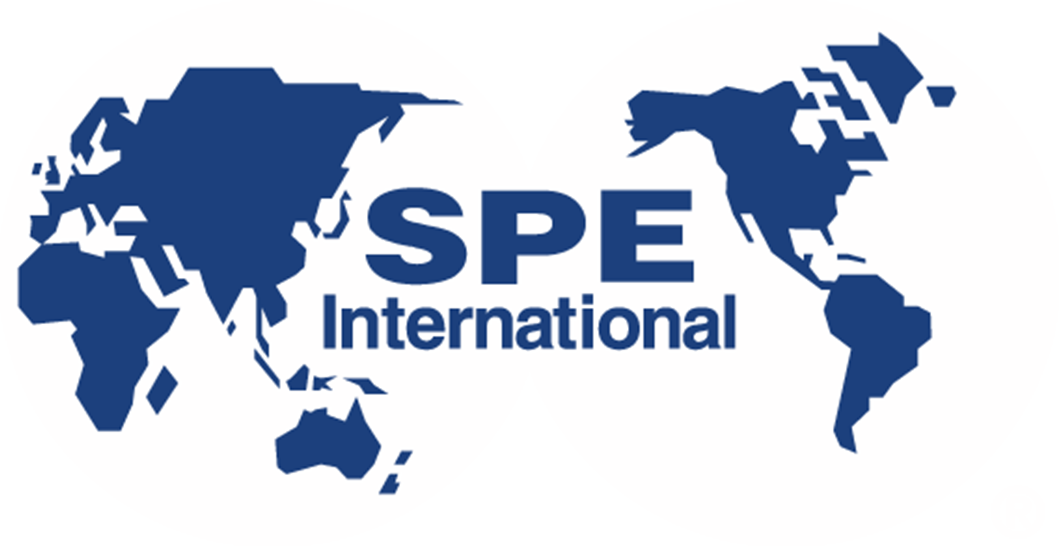Agenda
Tuesday, April 06
The objective of this session is to lay out the case for offshore CCUS. Topics could include capacity, opportunities, experiences to date, etc. The outcome will be to set the stage for both the prize to be won by going offshore and the challenges to overcome.
| Presentations |
|---|
|
Global CO2 Storage Potential Relative to Global Requirements |
| Active Offshore Storage Regions Owain Tucker, Shell |
| Emerging Offshore Storage Regions Tip Meckel, University of Texas |
| Future Offshore Storage Regions Adam Seitchik, Battelle |
The objective of this session is to identify and discuss the potential business case for offshore CCUS, including advantages, challenges and solutions to date. The outcome will identify key factors and inform discussion of subsequent topics.
| Presentations |
|---|
|
Northern Lights Commercial Model |
| Challenges When Using Depleted Fields for CO2 Storage Filip Neele, TNO, The Netherlands |
|
Building the Foundation for Economically Viable Offshore CCUS |
| CCS Can Realize Huge Contaminated Gas Potential in SE Asia Raj Deo Tewari, PETRONAS |
Thursday, April 08
The objective of this session is to discuss the engineering, legal and business realities of repurposing infrastructure for offshore CCUS. The outcome will feed into the discussions of risk, law and facilitation.
| Presentations |
|---|
| Acorn: Progression to Large Scale CCS Through Anchor Projects Angus Marshall, Pale Blue Dot Energy |
| Pipeline Re-use in the Gulf of Mexico: Opportunities and Challenges Darshan Sachde, Trimeric Corporation |
| Enabling Subsea Solutions for Offshore CO2 Handling Pål Helge Nøkleby, Aker Solutions |
| Brazilian Pre-Salt Development – What is Behind one of the Largest CCUS Projects in the World Bruno Moczydlower, Petrobras |
The objective of this session is to identify the risks in offshore CCUS and how to address them. Perspectives could include engineering, geoscience and others. The outcome will inform discussion of the regulatory framework.
| Presentations |
|---|
|
Bowtie Analysis Goldeneye |
| GoMCarb Tip Meckel, University of Texas |
| SeaCarb Brian Hill, Crescent Resource Innovation |
| ACTOM (Act Project) Guttorm Alendal, University of Bergen |
| SENSE (Act Project) Josh White, Lawrence Livermore National Laboratory |
| Digimon (Act Project) Arvid Nøttvedt, The Norwegian Research Centre |
Tuesday, April 13
The objective of this session is to discuss legal framework considerations (beyond recommissioning of infrastructure), including the challenges to offshore CO2 storage, and what can be done to overcome them. The outcome will inform discussion of next steps to facilitate offshore projects.
| Panelists |
|---|
|
Cathrine L. Riseng Lyster, Ministry of Petroleum and Energy, Norway |
| Maria Velkova, European Commission, DG Climate Action |
| Melissa Batum, BOEM |
| Bob Van Voorhees, Carbon Sequestration Council |
The objective of this session is identifying the key stakeholders and the hopes and fears that will need to be addressed to clear the way for an offshore CCUS project. Topics could include experiences in offshore projects to date, research on stakeholder engagement, and stakeholder perspectives not addressed in previous sessions. A successful outcome would identify key stakeholders and potential paths toward a common vision.
| Panelists |
|---|
| Sarah Wade, Wade, LLC |
| Jiro Tanaka, Japan CCS |
| Hilary Olson, University of Texas |
| John Noel, Greenpeace |
